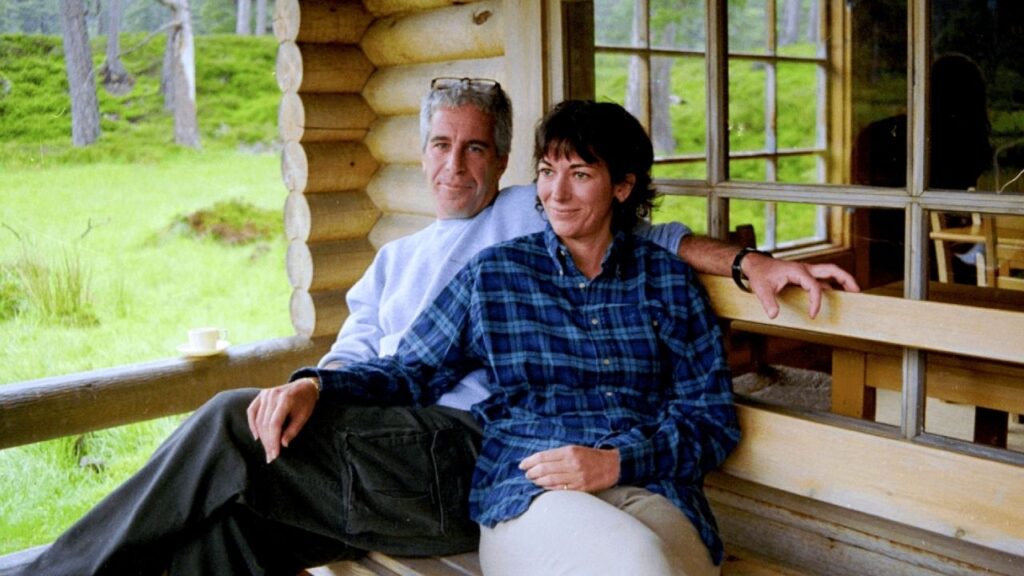Share
WASHINGTON — The next generation of biotech food is headed for the grocery aisles, and first up may be salad dressings or granola bars made with soybean oil genetically tweaked to be good for your heart.
By early next year, the first foods from plants or animals that had their DNA “edited” are expected to begin selling. It’s a different technology than today’s controversial “genetically modified” foods, more like faster breeding that promises to boost nutrition, spur crop growth, and make farm animals hardier and fruits and vegetables last longer.
The U.S. National Academy of Sciences has declared gene editing one of the breakthroughs needed to improve food production so the world can feed billions more people amid a changing climate. Yet governments are wrestling with how to regulate this powerful new tool. And after years of confusion and rancor, will shoppers accept gene-edited foods or view them as GMOs in disguise?
“If the consumer sees the benefit, I think they’ll embrace the products and worry less about the technology,” said Dan Voytas, a University of Minnesota professor and chief science officer for Calyxt Inc., which edited soybeans to make the oil heart-healthy.
Wheat With Triple the Fiber?
Researchers are pursuing more ambitious changes: Wheat with triple the usual fiber, or that’s low in gluten. Mushrooms that don’t brown, and better-producing tomatoes. Drought-tolerant corn, and rice that no longer absorbs soil pollution as it grows. Dairy cows that don’t need to undergo painful de-horning, and pigs immune to a dangerous virus that can sweep through herds.
Scientists even hope gene editing eventually could save species from being wiped out by devastating diseases like citrus greening, a so far unstoppable infection that’s destroying Florida’s famed oranges.
First they must find genes that could make a new generation of trees immune.
“If we can go in and edit the gene, change the DNA sequence ever so slightly by one or two letters, potentially we’d have a way to defeat this disease,” said Fred Gmitter, a geneticist at the University of Florida Citrus Research and Education Center, as he examined diseased trees in a grove near Fort Meade.
Genetically Modified or Edited, What’s the Difference?
Farmers have long genetically manipulated crops and animals by selectively breeding to get offspring with certain traits. It’s time-consuming and can bring trade-offs. Modern tomatoes, for example, are larger than their pea-sized wild ancestor, but the generations of cross-breeding made them more fragile and altered their nutrients.
GMOs, or genetically modified organisms, are plants or animals that were mixed with another species’ DNA to introduce a specific trait — meaning they’re “transgenic.” Best known are corn and soybeans mixed with bacterial genes for built-in resistance to pests or weed killers.
Despite international scientific consensus that GMOs are safe to eat, some people remain wary and there is concern they could spur herbicide-resistant weeds.
Now gene-editing tools, with names like CRISPR and TALENs, promise to alter foods more precisely, and at less cost, without necessarily adding foreign DNA. Instead, they act like molecular scissors to alter the letters of an organism’s own genetic alphabet.
The technology can insert new DNA, but most products in development so far switch off a gene, according to University of Missouri professor Nicholas Kalaitzandonakes.
Those new Calyxt soybeans? Voytas’ team inactivated two genes so the beans produce oil with no heart-damaging trans fat and that shares the famed health profile of olive oil without its distinct taste.
The hornless calves? Most dairy Holsteins grow horns that are removed for the safety of farmers and other cows. Recombinetics Inc. swapped part of the gene that makes dairy cows grow horns with the DNA instructions from naturally hornless Angus beef cattle.
“Precision breeding,” is how animal geneticist Alison Van Eenennaam of the University of California, Davis, explains it. “This isn’t going to replace traditional breeding,” but make it easier to add one more trait.

Rules Aren’t Clear
The Agriculture Department says extra rules aren’t needed for “plants that could otherwise have been developed through traditional breeding,” clearing the way for development of about two dozen gene-edited crops so far.
In contrast, the Food and Drug Administration in 2017 proposed tighter, drug-like restrictions on gene-edited animals. It promises guidance sometime next year on exactly how it will proceed.
Because of trade, international regulations are “the most important factor in whether genome editing technologies are commercialized,” USDA’s Paul Spencer told a meeting of agriculture economists.
Europe’s highest court ruled last summer that existing European curbs on the sale of transgenic GMOs should apply to gene-edited foods, too.
But at the World Trade Organization this month, the U.S. joined 12 nations including Australia, Canada, Argentina and Brazil in urging other countries to adopt internationally consistent, science-based rules for gene-edited agriculture.
Are These Food Safe?
The biggest concern is what are called off-target edits, unintended changes to DNA that could affect a crop’s nutritional value or an animal’s health, said Jennifer Kuzma of the Genetic Engineering and Society Center at North Carolina State University.
Scientists are looking for any signs of problems. Take the hornless calves munching in a UC-Davis field. One is female and once it begins producing milk, Van Eenennaam will test how similar that milk’s fat and protein composition is to milk from unaltered cows.
“We’re kind of being overly cautious,” she said, noting that if eating beef from naturally hornless Angus cattle is fine, milk from edited Holsteins should be, too.
But to Kuzma, companies will have to be up-front about how these new foods were made and the evidence that they’re healthy. She wants regulators to decide case-by-case which changes are no big deal, and which might need more scrutiny.
“Most gene-edited plants and animals are probably going to be just fine to eat. But you’re only going to do yourself a disservice in the long run if you hide behind the terminology,” Kuzma said.
Avoiding a Backlash
Uncertainty about regulatory and consumer reaction is creating some strange bedfellows. An industry-backed group of food makers and farmers asked university researchers and consumer advocates to help craft guidelines for “responsible use” of gene editing in the food supply.
“Clearly this coalition is in existence because of some of the battle scars from the GMO debates, there’s no question about that,” said Greg Jaffe of the food-safety watchdog Center for Science in the Public Interest, who agreed to join the Center for Food Integrity’s guidelines group. “There’s clearly going to be questions raised about this technology.”
Sustainability or Hype?
Gene-editing can’t do everything, cautioned Calyxt’s Voytas. There are limitations to how much foods could be changed. Sure, scientists made wheat containing less gluten, but it’s unlikely to ever be totally gluten-free for people who can’t digest that protein, for example — or to make, say, allergy-free peanuts.
Nor is it clear how easily companies will be able to edit different kinds of food, key to their profit.
Despite her concerns about adequate regulation, Kuzma expects about 20 gene-edited crops to hit the U.S. market over five years — and she notes that scientists also are exploring changes to crops, like cassava, that are important in the poorest countries.
“We think it’s going to really revolutionize the industry,” she said.
Categories

Harry Styles Books 30 Dates at Madison Square Garden

Trump Says US ‘Armada’ Is Heading to Iran
















